At Mabin, Kindergarten is the start of a life-long adventure in the joy of learning. We offer an enriched, play-based program where children are encouraged to make meaningful connections through a variety of community-building and small group learning experiences. Students benefit from regular one-on-one and small group time to develop their fine/gross motor, literacy, numeracy, and social skills. Cooperation, communication and self-control are the foundations of our program, and we build the content in collaboration with the students themselves, based on their passions and interests. Even our youngest children are changemakers.
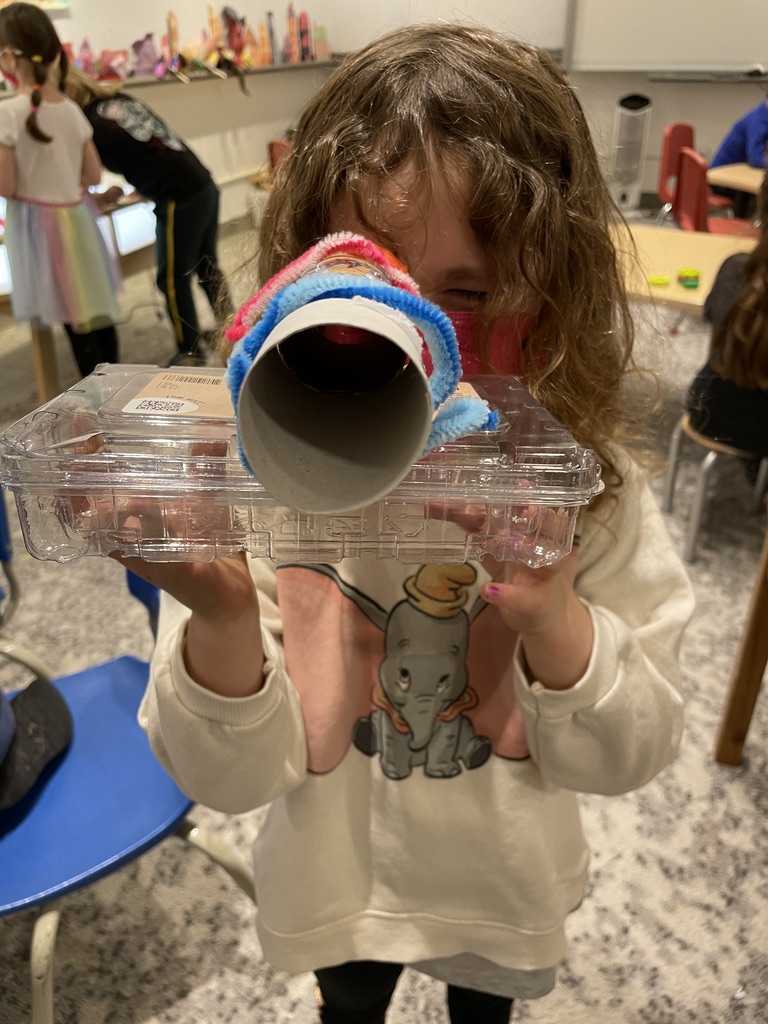
Habits of Mind assist students in school and adults in everyday life as they are challenged by problems, dilemmas, paradoxes and enigmas for which the solutions are not immediately apparent. Drawing on the Habits of Mind means knowing how to behave intelligently when you do not know the answers. It means not only having information, but also knowing how to act on it.
Stick to it!
Venture Out!
Understand others!
Use what you learn!
Check again!
Work together!
Take your time!
Do the right thing!
Try a different way!
Know your knowing!
Rigour looks different at The Mabin School. We go deep, not fast, and take our time to thoroughly explore big ideas. A typical student-led collaborative inquiry may last several months.
Our Academic program is rooted in Inquiry, Integration, and Reflection. Students’ questions lead the way. Our inquiries are multi-disciplinary – our investigations reach across disciplines. Reflection is an essential component of our program. Students learn to think about their thinking and understand themselves as learners. Play and creativity are woven throughout the curriculum from JK to 6.
At The Mabin School, academics are not separate from social-emotional learning. We nurture human development. We develop good humans.
We use a progressive approach to teaching Mathematics. Rote learning is carefully balanced with experiential, dynamic and engaging lessons. The program is often taught in a half-class setting, allowing our teachers to support differentiated instruction. We challenge each student by assessing where they are at, and we push them to go as far as they can go.
Mabin teachers use a comprehensive approach to teaching Language Arts, relying heavily on the Science of Reading. The program is often taught in a half-group setting with the support of a Learning Strategies Teacher. This allows our teachers to support differentiated instruction, and for each student to be challenged at an optimal level.
Students are encouraged to: look at the world around them, ask questions about causes and effects, identify misconceptions, and draw conclusions through experimentation, research, cooperation and communication skills. As with all other areas of the curriculum, opportunities for integration between subject areas are facilitated between teachers and students.
All grades follow the pedagogical approach of Carl Orff, learning about pitch, rhythm and form through imitating, exploring, innovating and improvising. In addition to studying movement and drama, students use a variety of instruments including voice, percussion, xylophones, recorders, and computers. Annual concerts are held and are an exciting time for our community to gather in celebration of music.
The primary goal of the French program is to instill a love of French. French starts in JK and incorporates music, drama, and other subject areas so that students remain engaged and build confidence. While the focus is on oral language, students learn the basics of reading and writing as well.
Thoughtful questions and deep investigation focus the learning in Science. Ours is an integrated approach that embeds, where appropriate, technology-supported inquiry into the ongoing classroom themes. Lessons are taught both in the classroom, outside, and in our “Innovation Station.”
Taught through an experiential, multimedia approach, Art is viewed as a medium a child uses to communicate ideas, feelings, and perceptions. The process is highly valued and, when possible, Art Room activities are integrated with classroom themes. Children work in extended blocks of time with a variety of materials that ultimately lead them towards achieving visual literacy.
The Physical Education and Health program is designed not only to develop physical skills but to promote a joy of activity for one’s health and psychological well-being. The importance of teamwork, cooperation and respect are integral to this goal. All children participate in classes several times a week. Health Education focuses on areas such as: healthy eating, personal safety, human development and substance use and abuse.
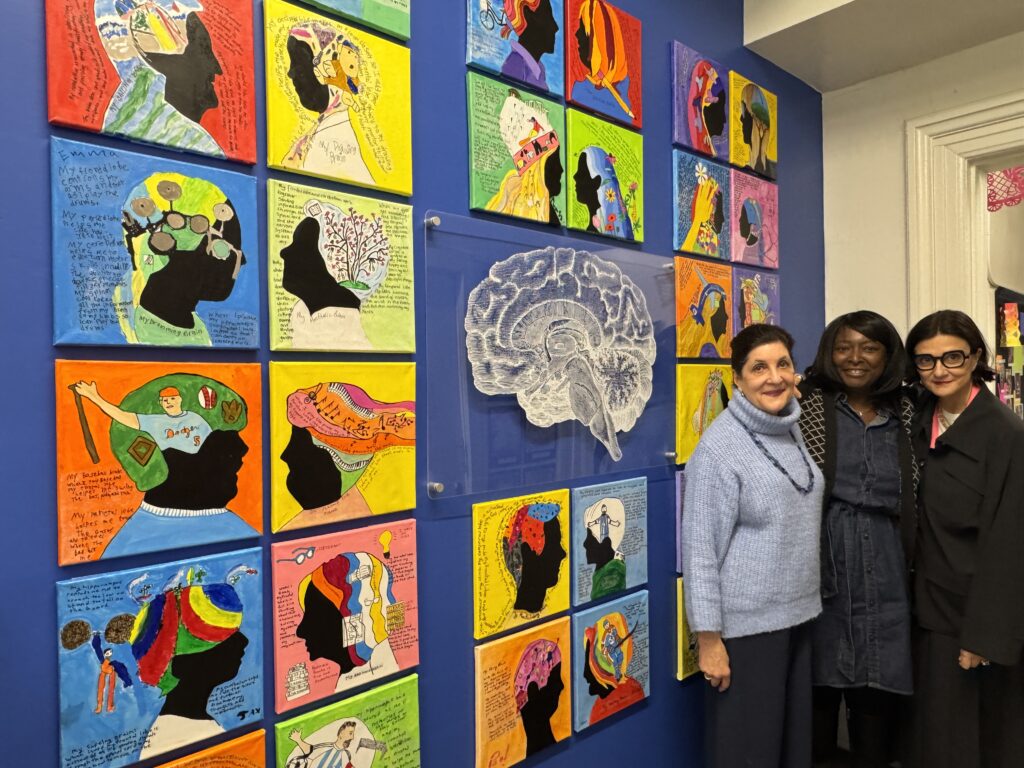
The intergenerational program is designed to bring children and seniors together in an experience rich environment for their mutual benefit. These connections are facilitated through arts activities. The program provides opportunities for seniors and children of early and middle childhood age (K-6) to learn together in an innovative learning environment with reciprocal social, emotional and academic benefits.
Promoting healthy attitudes towards aging as the youth are exposed to an image of aging that is healthy and active
Linking cultures as well as generations, thus fostering positive attitudes and positive regard for people of diverse beliefs and cultures
Building inter-generational relationships and networks
Introducing seniors as a resource bank of knowledge, experience and expertise
Creating a learning environment with reciprocal mental health benefits
Staying involved in and giving back to their community
Providing an opportunity to engage in life-long learning
Meeting other caring and talented seniors
Sharing their life experiences and knowledge in an environment that values their wisdom
Building mutually beneficial relationships with community members and youth
Promoting the development of healthy attitudes towards aging
Improving self-esteem
Creating a strengthened sense of community and social responsibility
Expanding their sense of culture, heritage and history
Experiencing authentic learning and problem solving with seniors who are non-judgmental friends rather than authority figures
We gear our athletic programs towards the different age groups of our students. Early on, the focus is on skill-building basics that form the foundation for sports skill development. For older grades, there are a variety of sports teams available like basketball, volleyball, track, dance, floor hockey & more.
Students participate in sports and games at morning recess. House captains decide on the activities, choose and captain the teams, referee the games and organize the schedule. Students sign up using an interest-based model, each child deciding their own level of participation and engagement.
Mabin hosts many school-wide activities with a base in athletics like the Terry Fox Run and a Community Skate Day, and we have even run an event based on National Frog Jumping Day! Students help plan and run events, offering regular opportunities to take on a leadership role in the Mabin community.
Every Friday, we stop what we are doing and get together for “Integration.” Sometimes we split into our Houses.
We love that Mabin feels like a family for our students, so we leaned even further into that identity! A house system helps foster a feeling of connection and belonging across grades. Students have the opportunity to build relationships with teachers and students outside of their grades, which adds to a strong sense of community. Additionally, houses create a consistent framework to bring the school closer together and promote Mabin spirit!
Our Houses reflect our History. Each House is named after one of our locations: Jarvis, Poplar, Prince Arthur, Spadina.
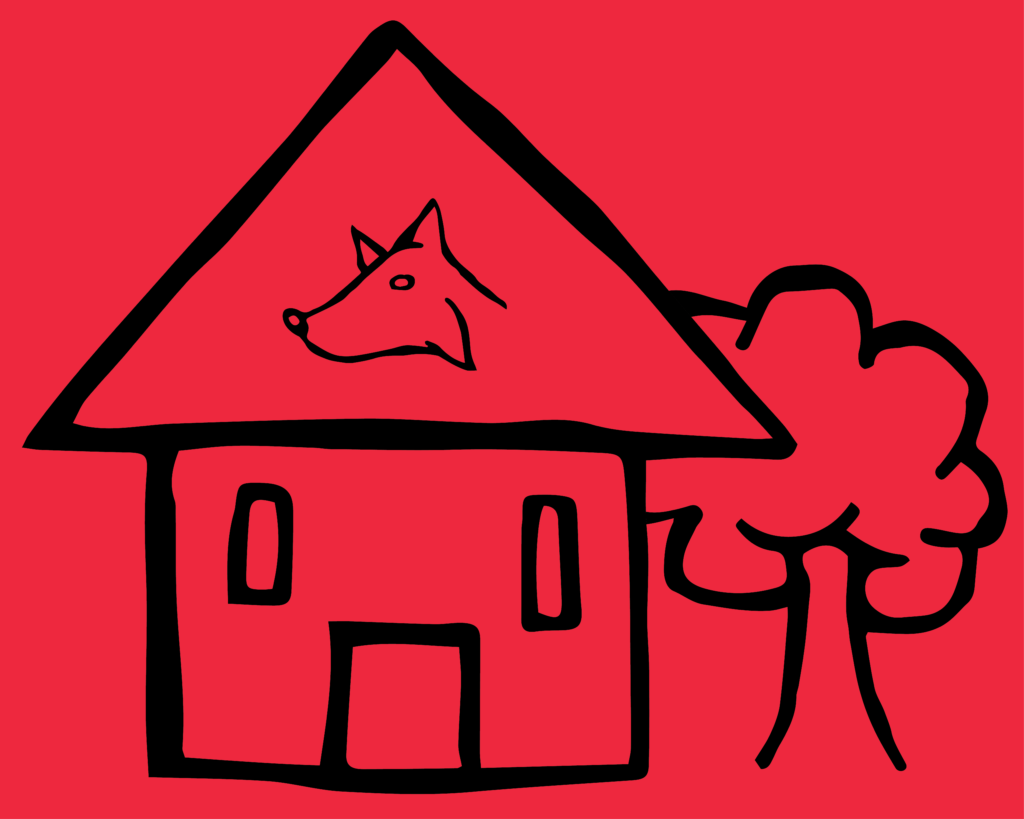
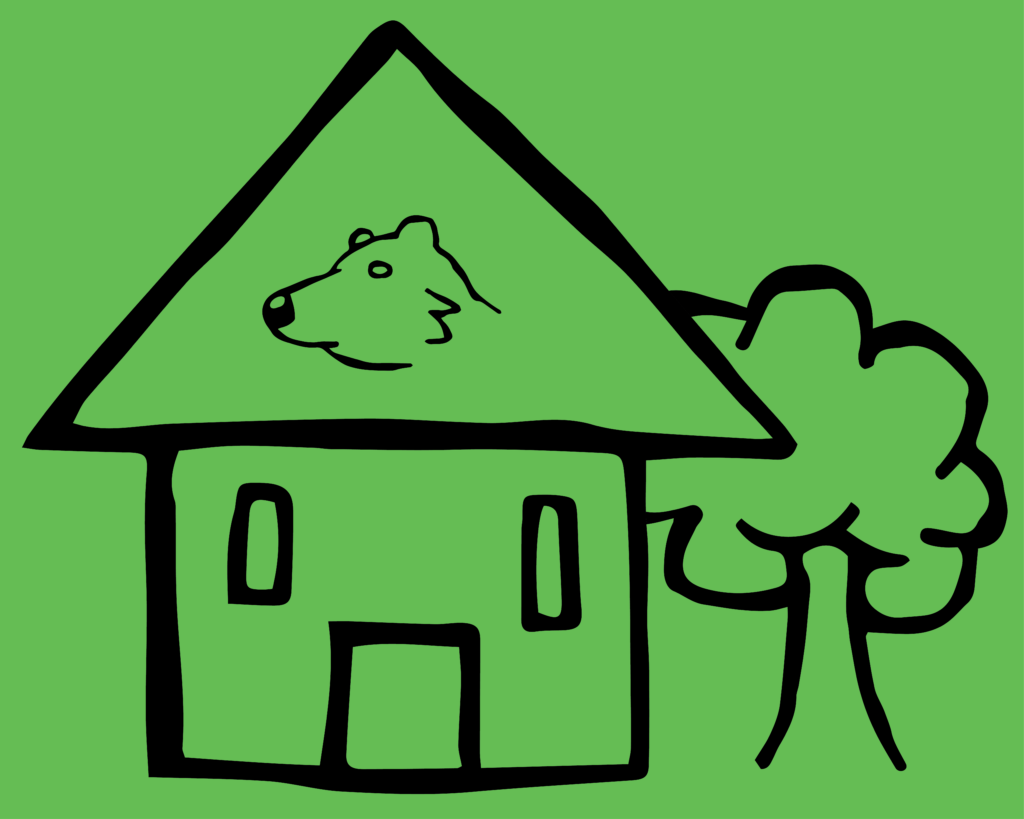
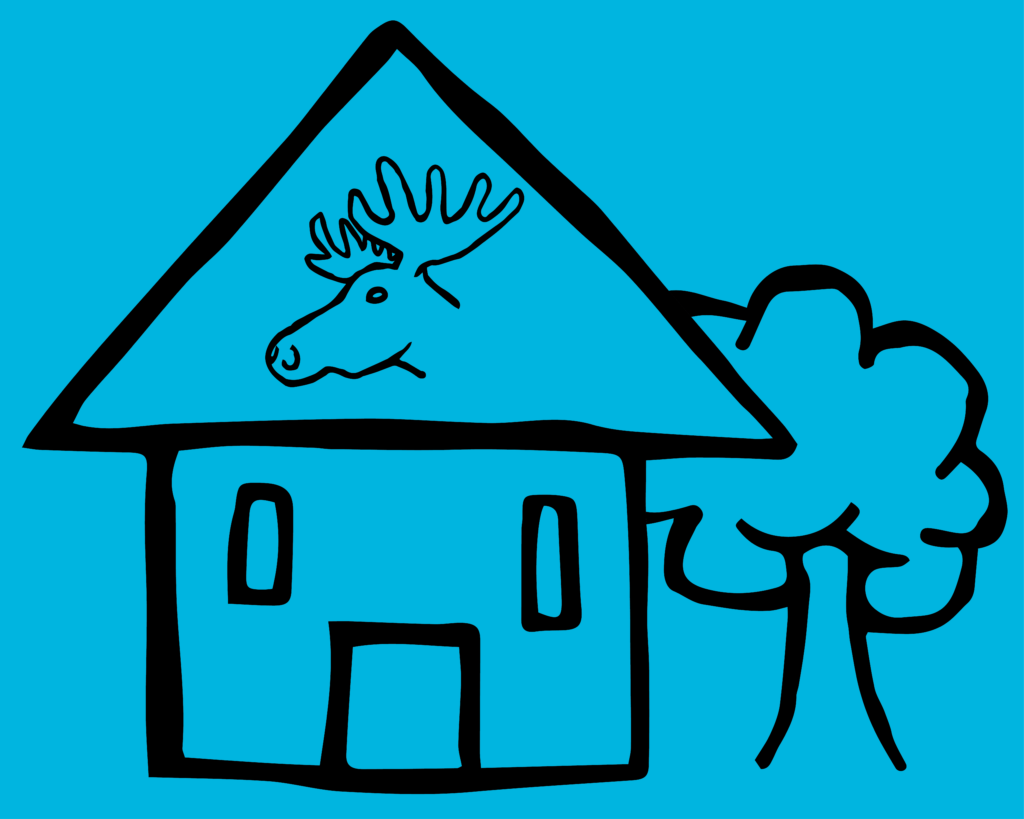
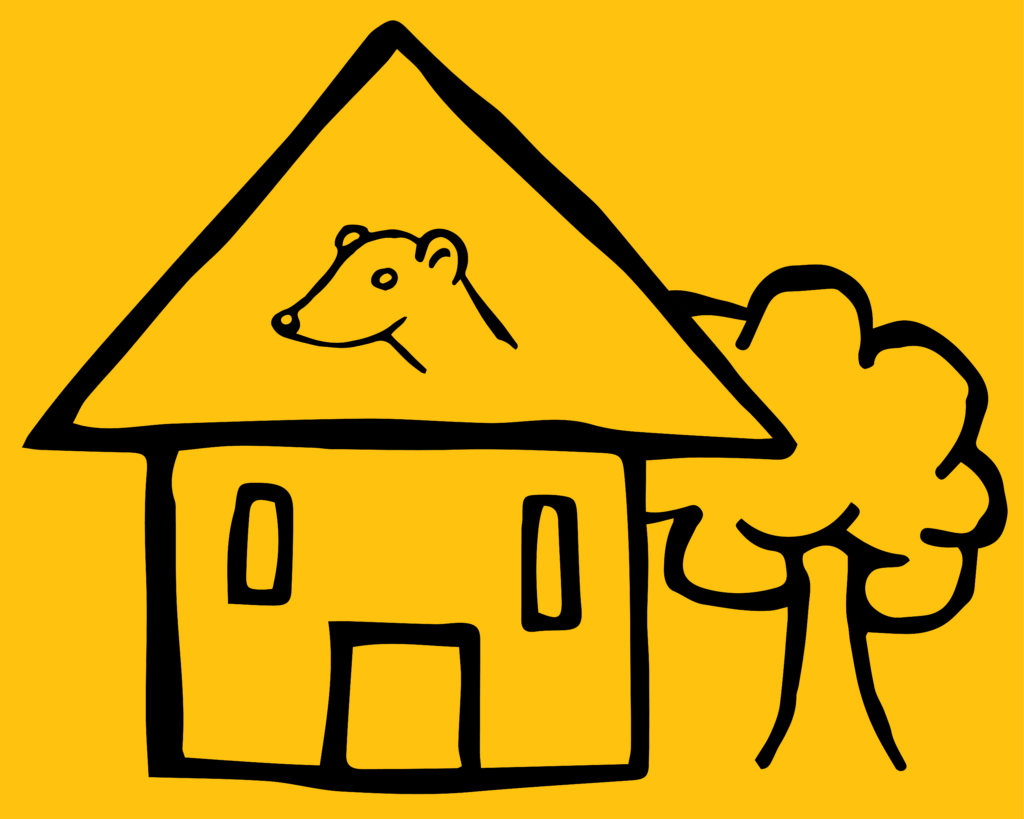
Co-Curriculars and Clubs are optional, and change every term. They are another example of how Mabin teachers respond to the interests and strengths of the school’s students. Students, teachers, and/or other talented individuals organize and lead these initiatives. Both Co-Curriculars and Clubs provide an excellent leadership opportunity for our students.
Here are some examples of clubs that have been offered:
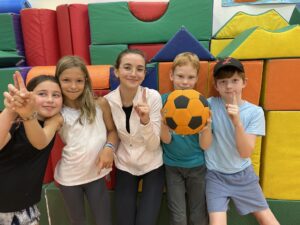
The Mabin Extended Care Program meets the needs of both parents who require after school care on a regular basis, as well as those who require it occasionally. A 24 hour notice period is appreciated. The program is offered on all school days and runs from 3:30 to 6:00 PM. A healthy snack is provided each day at 4:00 PM.
Many activities are available that promote choice and particular interests, such as arts and crafts, indoor/outdoor organized sports, games and baking.
Copyright © 2025 The Mabin School – All rights reserved.
Made with ♥ by Launch48.